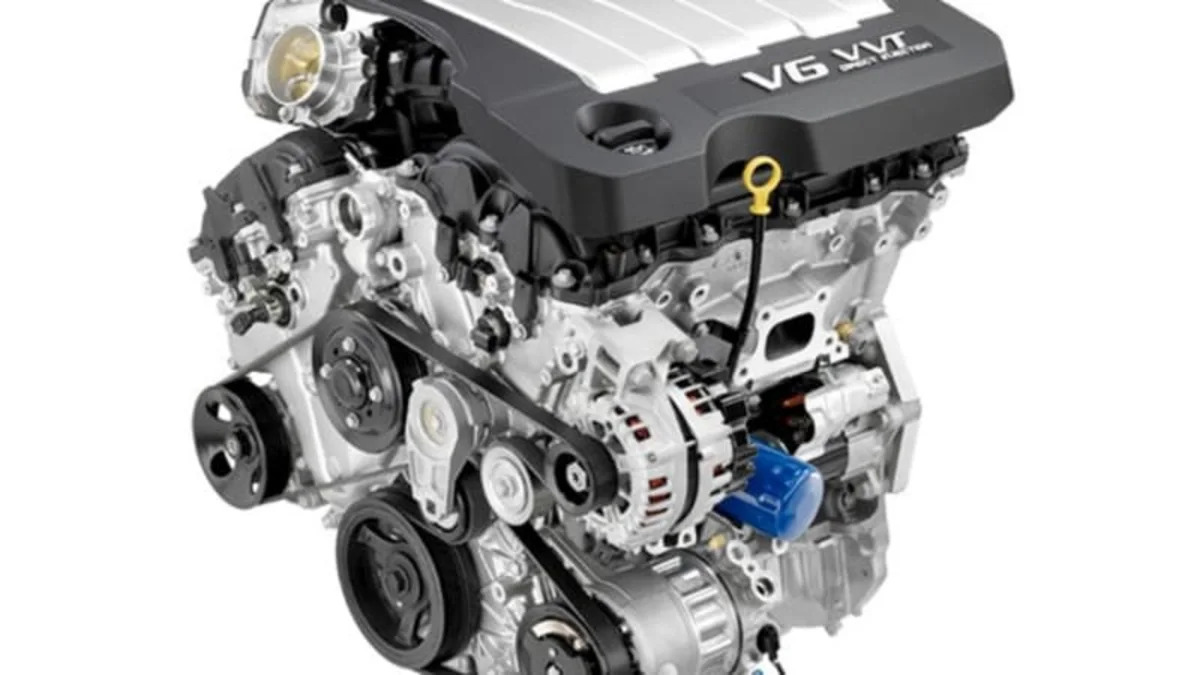Last year, the state of Washington contemplated a tax that would be placed on vehicles dependent upon the displacement of its engine. The displacement tax was eventually discarded but not forgotten. Automakers noted the possibility of this tax cropping up again in the future and marked it in their books.
The plan in the state of Washington in brief went something like this: any vehicle with an engine displacement of less than 2.0 liters would not be subjected to the tax. A vehicle with an engine of 2.0 liters would be assessed a $70 tax. The incremental tax would range all the way up to a $600 fee for vehicles equipped with engines over 8.0 liters.
Even though the displacement tax never received state approval, it's clearly still on some minds. In fact, China utilizes a very similar displacement tax, and if an engine is built for a global market, automakers must note this tax. The discussion of the displacement tax resurfaced when General Motors' global vehicle line executive of midsize cars Jim Federico discussed engines options for the Buick LaCrosse. Buick chose to equip the LaCrosse with either the base 2.4-liter engine or an upgraded 3.6-liter powerplant. The company has discontinued the 3.0 liter option for now, but could implement the pictured twin turbo 3.0 liter engine, which despite its high power would be taxed less in the Chinese market.
Discontinuing the 3.0 liter engine in China will either force buyers to pay the higher tax associated with the bigger powerplant or downgrade to the smaller engine. And as Frederico said, "You never know – we could see a displacement tax here someday." Yet another concern that automakers may have to face in the near future.
[Source: Ward's Auto]
The plan in the state of Washington in brief went something like this: any vehicle with an engine displacement of less than 2.0 liters would not be subjected to the tax. A vehicle with an engine of 2.0 liters would be assessed a $70 tax. The incremental tax would range all the way up to a $600 fee for vehicles equipped with engines over 8.0 liters.
Even though the displacement tax never received state approval, it's clearly still on some minds. In fact, China utilizes a very similar displacement tax, and if an engine is built for a global market, automakers must note this tax. The discussion of the displacement tax resurfaced when General Motors' global vehicle line executive of midsize cars Jim Federico discussed engines options for the Buick LaCrosse. Buick chose to equip the LaCrosse with either the base 2.4-liter engine or an upgraded 3.6-liter powerplant. The company has discontinued the 3.0 liter option for now, but could implement the pictured twin turbo 3.0 liter engine, which despite its high power would be taxed less in the Chinese market.
Discontinuing the 3.0 liter engine in China will either force buyers to pay the higher tax associated with the bigger powerplant or downgrade to the smaller engine. And as Frederico said, "You never know – we could see a displacement tax here someday." Yet another concern that automakers may have to face in the near future.
[Source: Ward's Auto]


Sign in to post
Please sign in to leave a comment.
Continue